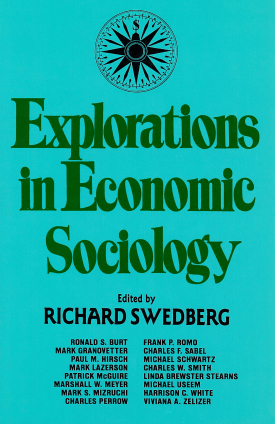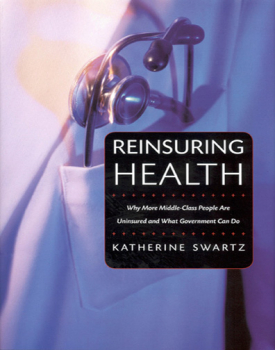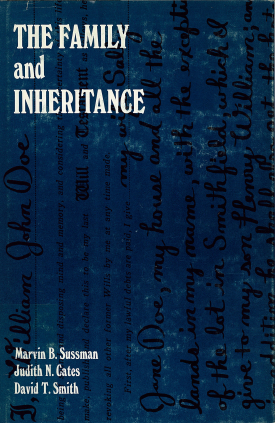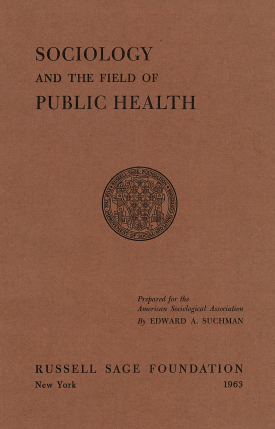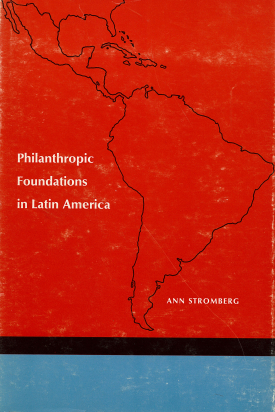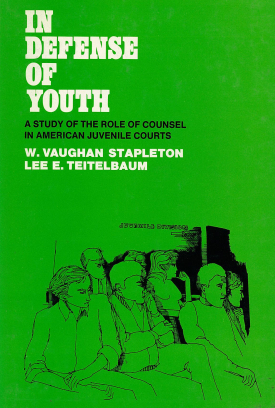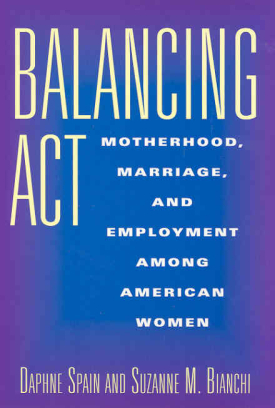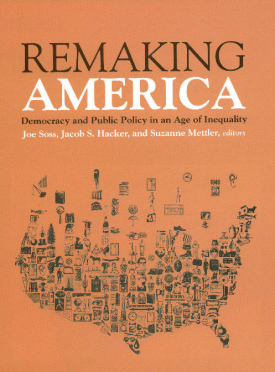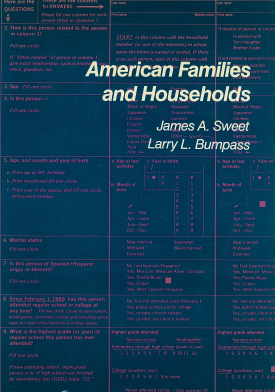
American Families and Households
About This Book
Honorable Mention, 1989 William T. Goode Award, Family Section of the American Sociological Association
Changes in family and household composition are part of every individual's life course. Childhood families expand and contract; the individual leaves to set up an independent household; he or she may marry, raise children, lose a spouse. These transitions have a profound effect on the economic and social well-being of individuals, and the relative prevalence of different living arrangements affects the very character of society.
American families and Households takes advantage of the large samples provided by the decennial censuses to document recent major transformations in the individual life cycle and consequent changes in the composition of the American population. As James Sweet and Larry Bumpass demonstrate, these changes have been dramatic—rates of marriage and childbirth are down, rates of marital disruption are up, and those who can are more likely to maintain independent households despite the rapid acceleration of change during recent years, however, the authors find that contemporary trends are continuous with long-term changes in Western society.
This meticulous work makes a significant contribution to our understanding of the American Family and the individual life experiences that are translated into the larger population experience.
"Jim Sweet and Larry Bumpass provide detailed descriptions of three components of the households and families of Americans: family transitions; the prevalence of different family and household arrangements; and the economic and social circumstances of people living in different types of families and households....As a reference work, the volume is a gold mine, with many rich veins of useful information....Anyone interested in American families and how they have been changing will want to refer to this volume." —American Journal of Sociology
JAMES A. SWEET and LARRY L. BUMPASS are professors of sociology at the Center for Demography and Ecology at the University of Wisconsin, Madison.
A Volume in the RSF Census Series

